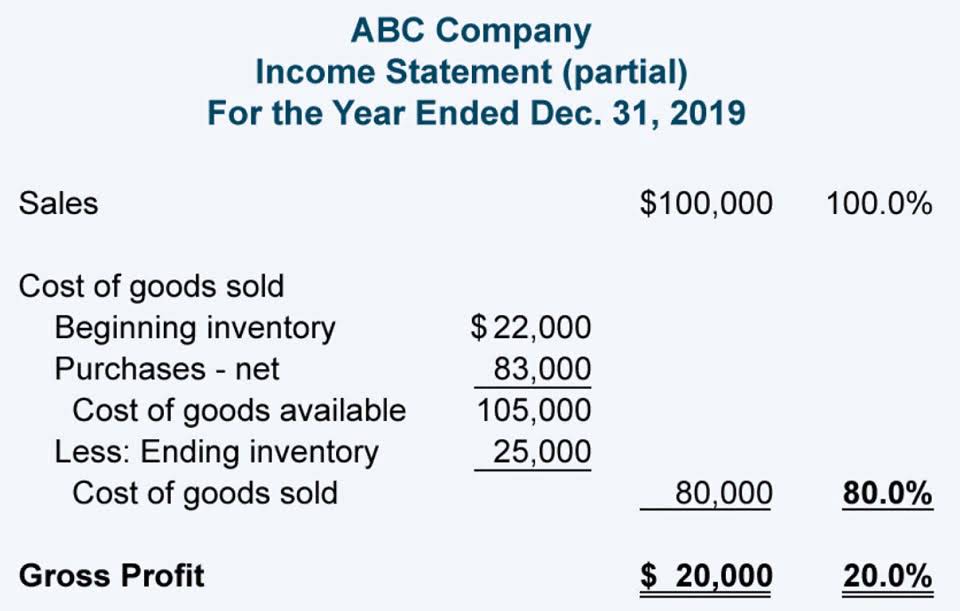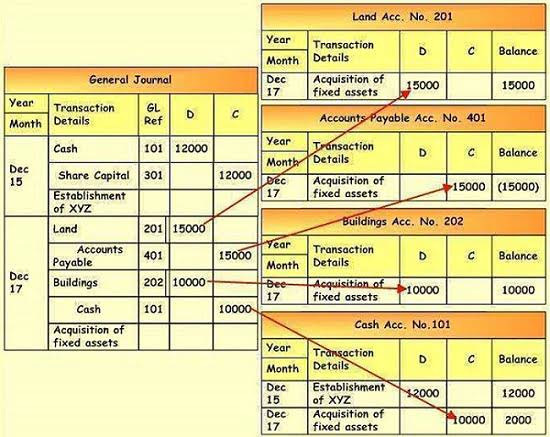
Generating accurate and timely financial statements is vital for decision-making, financial planning, and Retail Accounting complying with legal and regulatory requirements. It requires a strong understanding of accounting principles, attention to detail, and proficiency in accounting software. To reconcile bank statements effectively, you need to carefully review each transaction, match them with corresponding records, and investigate any discrepancies. This process helps to identify any errors in recording transactions, such as duplicate entries or missing transactions.
Case Studies: Successful Full Charge Bookkeeping in Action

These automation features not only save time but also reduce the likelihood of human error, ensuring greater accuracy in financial records. Proper time management allows you to allocate the right amount of time to each task, ensuring that what are retained earnings you can deliver accurate and timely financial information to the business. Proficiency in accounting software is a must-have skill for any full charge bookkeeper. With the advancement of technology, most businesses now rely on accounting software to manage their financial transactions and records.
Subscribe to Taxfyle
- Deciding between an in-house bookkeeper and outsourced services depends on several factors.
- With a more secure, easy-to-use platform and an average Pro experience of 12 years, there’s no beating Taxfyle.
- They handle everything from simple tasks to complex ones, making them crucial in many industries.
- This bookkeeper provides many services because they handle the complete cycle of accounting duties and supervise clerks, so it can be very convenient to have one on your team.
- It is crucial to have a systematic approach to managing accounts payable to avoid late payment penalties and maintain positive relationships with suppliers.
They have a more comprehensive understanding of the bookkeeping role, allowing them to support or even lead the current bookkeeping staff with less experienced members. For full charge bookkeepers, it involves more than calculating wages; it encompasses ensuring compliance with labor laws, managing deductions, and maintaining accurate records for auditing purposes. The process begins with understanding the company’s payroll structure, which includes different pay rates, overtime calculations, and various benefits. This understanding is crucial for ensuring that employees are compensated accurately and on time.
AccountingTools
A full charge bookkeeper is solely in charge of all accounting done within a small or medium-sized business. To help you determine if hiring a full charge bookkeeper is in your business’s best interest, you need to know what this role entails and how it is different from other bookkeeping work. As a business owner, you will want to leverage talent and strategic hires to foster growth.

Preparing Financial Statements
They are responsible for ensuring that employees are paid accurately and on time, while also complying with payroll tax regulations. Explore the full scope of full charge bookkeeping, from managing all accounts to overseeing financial reports, in this comprehensive guide. A bookkeeper’s daily responsibilities may begin with entering figures into a software program and continue with the posting of financial transactions. The bookkeeper may receive and record checks and vouchers, as well as deal with cash. A full charge bookkeeper is often more efficient and experienced in handling financial tasks, which can lead to increased productivity and reduced errors.
Developing Financial Strategies for Business Growth

Think of the standard bookkeeper like your basic car model, no bells and whistles but is functional and inexpensive. A full charge bookkeeper is that same make of car but with the upgraded package that includes heated and power seats, power windows and mirrors, and most importantly, comes with a higher price tag. Working at a small company, this position may be in charge of every aspect of the company’s finances.
In addition to managing accounts receivable, full charge bookkeepers are responsible for handling accounts payable. This involves keeping track of all outgoing payments to suppliers, vendors, and other creditors. By maintaining accurate records of these transactions, you ensure that all expenses are properly recorded and accounted for. In summary, a full charge bookkeeper is a highly skilled and essential member of any organization. Their responsibilities span from recording financial transactions to generating accurate financial statements.
- The bookkeeper may receive and record checks and vouchers, as well as deal with cash.
- Nearly all bookkeepers working with this level of responsibility also need to have management training.
- The GDAA Rent Foundation is a charitable organization that helps one resident a month with their next month’s rent.
- A skilled bookkeeper will not only compile data but also interpret trends and variances, providing insights that can guide strategic decisions.
- Employers are increasingly requesting that applicants for positions with responsibility should have at least some college.
- When picking between in-house and outsourced bookkeeping, think about what your business needs and has.
- With the right dedication and commitment to continuous learning, anyone can thrive as an independent full charge bookkeeper, enabling numerous small businesses to succeed.
As a full charge bookkeeper, you need to be well-versed in popular accounting software programs such as QuickBooks, Xero, or Sage. As a full charge bookkeeper, there are several essential skills that you need to possess in full charge bookkeeper meaning order to effectively perform your duties. These not only contribute to your success in the role but also ensure that you can provide accurate financial information and support to the business you work for. Let’s take a closer look at the key skills required for a full charge bookkeeper.

Full charge bookkeepers, on the other hand, are able to analyze financial statements, offer consulting services, and do some internal auditing and tax preparation. However, as they are not certified public accountants, the company would often need to consult a certified public accountant for external audits and tax returns. Larger companies sometimes have the assistance of an outside certified public accountant to review and audit more complicated financial statements and tax returns. If the company grows to the size of a corporation, the full charge bookkeepers’ duties are shifted to a controller. While many small businesses hire bookkeepers to handle their day-to-day financial tasks, some opt for a full charge bookkeeper to take on a more comprehensive role.
